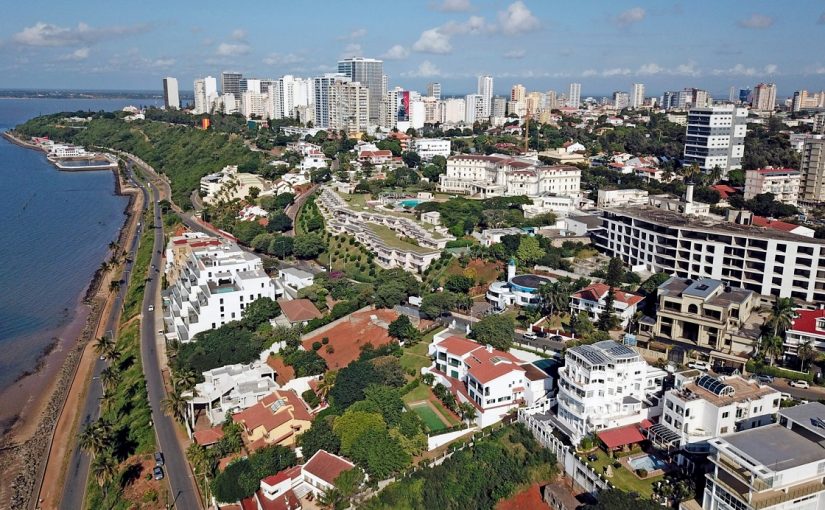Mozambique ponders free trade agreement with the US - report
New orders fall only marginally in February – Standard Bank Mozambique

File photo: Lusa
- Slowest drop in demand of current 11-month downturn
- Weaker fall in output offset by renewed job shedding
- Business outlook picks up to nine-month high
The downturn in the Mozambican private sector economy eased in February. New business inflows fell at the softest rate in the current downturn, leading to a slower reduction in business activity. Firms also indicated stronger expectations for growth over the coming 12 months as the outlook picked up to the highest since last May.
However, businesses continued to face a number of challenges in the first quarter of 2021, including soft client demand, currency weakness and border closures.
Cost inflationary pressures accelerated from January, and a lack of pricing power meant that profits remained under pressure. Firms also shed staff for the first time in four months.
The headline figure derived from the survey is the Purchasing Managers’ Index™ (PMI). Readings above 50.0 signal an improvement in business conditions on the previous month, while readings below 50.0 show a deterioration.
At 49.1 in February, the headline index was up from 47.5 in January to signal a more modest deterioration in the health of the private sector economy. The latest reading extended the sequence of declining business conditions to 12 months.
The rise in the headline index was driven by a softer decrease in new order volumes, as the fall in demand eased to the weakest seen in the current 11-month sequence of decline.
While several firms continued to report lower levels of new business due to the impact of coronavirus, others saw a rise in demand as market confidence strengthened. At the same time, business sentiment rose to its highest since May 2020 as firms projected a rise in customer numbers and improving economic conditions in the near future.
Output levels fell at a slower rate in February, with firms also reducing purchasing activity to a lesser extent. Rising expectations led some firms to rebuild stocks, ending a tenmonth sequence of inventory depletion.
On the flip side, employment numbers fell for the first time since last October, as respondents continued to indicate excess capacity. Job losses were only marginal though, and mainly linked to efforts to cut costs.
Input prices rose at a quicker rate during the month, as businesses noted that currency weakness, border delays and input shortages led to a rise in raw material costs. Some panellists also saw a delay to input deliveries, although input lead times continued to improve overall.
Firms often passed higher costs on to their customers, as output charges rose again in February. That said, the rate of charge inflation remained weak, particularly as some businesses offered discounts in order to gain clients.
The seasonally adjusted Output Index remained below the 50.0 neutral mark in February, to signal a twelfth straight monthly fall in Mozambican private sector activity. Lower output was mainly linked by panellists to a drop in new orders.
However, the index rose from the previous month as the rate of output contraction eased to just a modest pace.
- You may read the full Standard Bank Purchasing Managers’ Index™ HERE












Leave a Reply
Be the First to Comment!
You must be logged in to post a comment.
You must be logged in to post a comment.